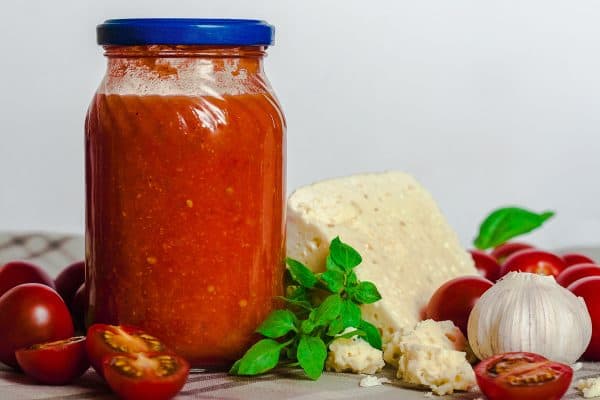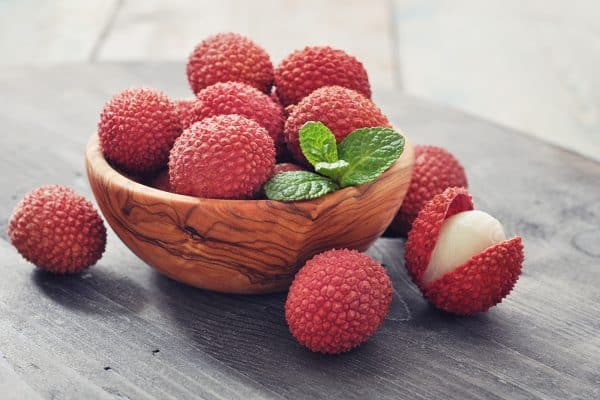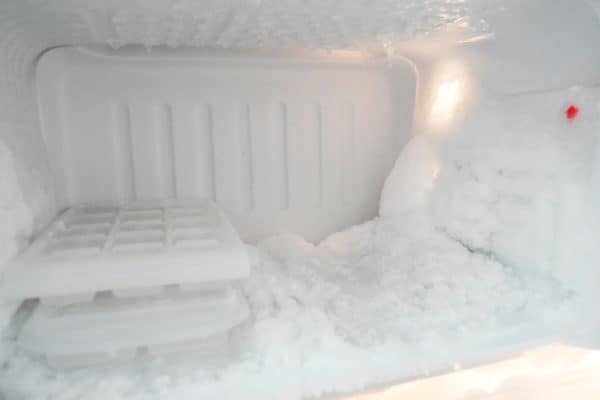Whether you need something new from your generic dinner menu or are incorporating a distinct flavor to your homemade cuisines, all you need to do is open the freezer and grab a frozen vegetable of your choice. However, freezing vegetables is a long and tedious task that requires blanching the food and subjecting it to freezing temperatures for a defined amount of time. Can you freeze vegetables without blanching? We collected data from reliable sources to help clear the confusion once and for all.
Yes, you can freeze vegetables without blanching them. Blanching is a process of freezing vegetables by which the food is placed in boiling water or steamed for a short time. Blanching plays a significant role in preserving and retaining the quality of the greens; however, this process is not always necessary for all kinds of vegetables.
Even while you don't have to blanch all vegetables before freezing them, do we recommend the exclusion of this process? Keep on reading to learn everything there is to know about freezing vegetables.
NOTE: WE MAY GET A COMMISSION IF YOU DECIDE TO MAKE A PURCHASE THROUGH THESE LINKS. THERE'S ADDITIONAL NO COST TO YOU. CHECK THE BOTTOM OF THE PAGE FOR MORE INFORMATION.
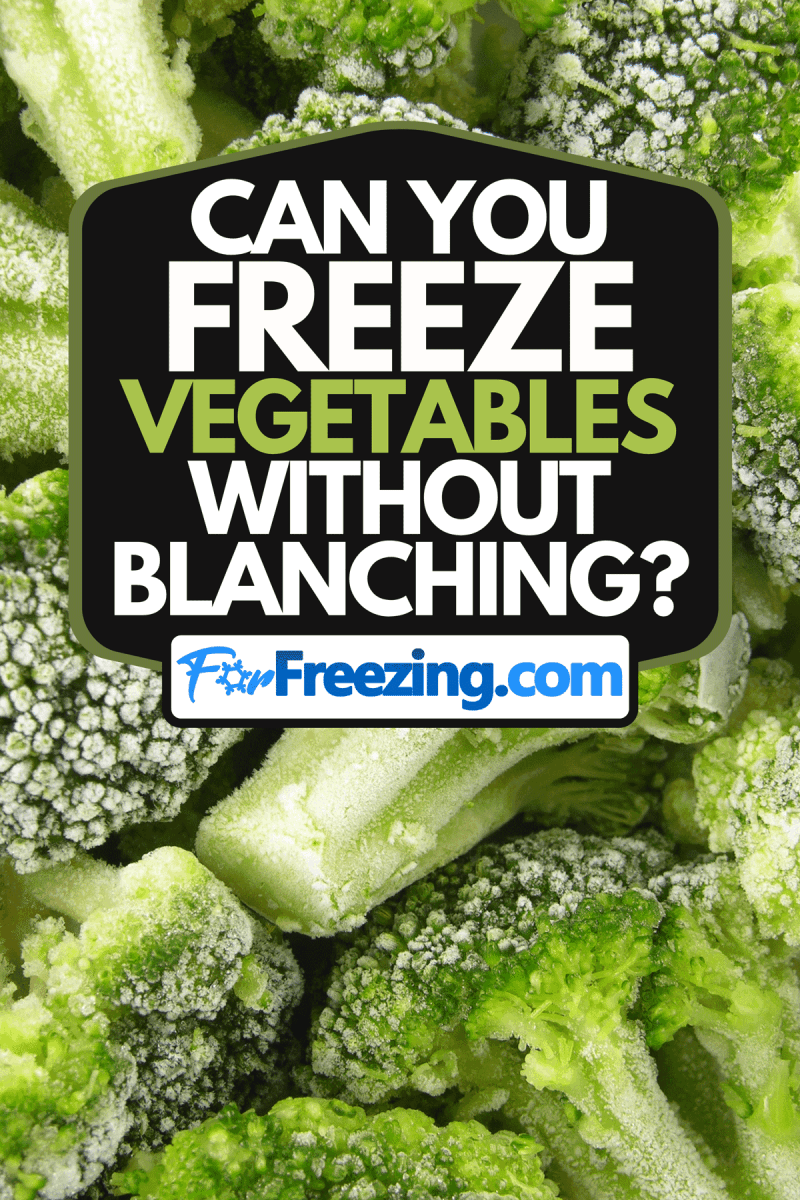
What You Need To Know About Freezing Vegetables
This process involves selection, preparation, blanching, and subjecting to freezing temperatures. However, some vegetables don’t need to be blanched first. Listed below are some of the common kind of vegetables:
- Bell peppers: You don’t have to blanch bell peppers because they naturally contain chemicals that preserve them.
- Potatoes: Some types of potatoes like Yukon Gold or red potatoes do not require blanching because of the high water content it carries.
- Tomatoes: It is not advisable to blanch the juicy vegetable first because it will become mushy right after thawing.
- Onions: With or without blanching does not have a significant effect on the quality of frozen onion.
- Corn: You can freeze it whole without blanching but it is still recommended to blanch it first.
What Happens If You Freeze Vegetable Without Blanching?
Freezing vegetables without blanching could produce low-quality frozen commodities. The most common signs are discoloration and faded-looking colors. Some might sense an off-flavor and texture after consuming the cooked frozen vegetable. In some cases, it could lead to fast spoilage right after thawing the frozen goods.
Importance Of Blanching Vegetable Before Freezing
Blanching is a must for most vegetables because of the clear benefits. Blanching helps preserve the flavor, color, and texture of the fresh vegetable. It also helps in retaining most of the vitamins that are lost due to the natural process of changes that a vegetable undergoes. Lastly, blanching aids in cleansing the surface from dirt and decreasing bacteria from the outer layer of the vegetable.
What Vegetable Can You Freeze Raw?
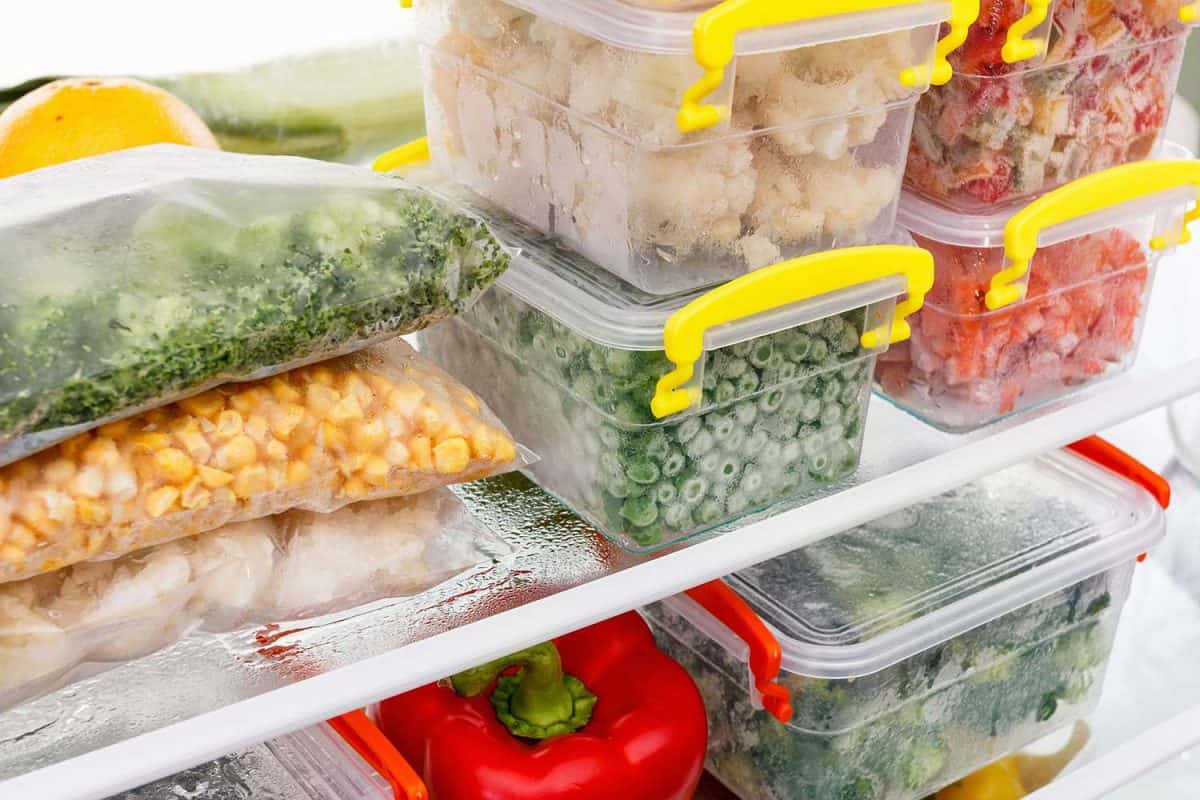
Corn, peas, broccoli, cauliflower, carrots, green beans, squash, and winter greens such as spinach, kale, chard, and collards can be frozen raw. Some might need a little preparation like onions, peppers, celery, and herbs.
How Long Do Frozen Vegetable Last?
Naturally, it depends upon the type of vegetable and procedure of freezing. Most vegetables could go up to 8-12 months before spoilage and deterioration start to kick in. Keep in mind that the freezing temperature must be constant throughout the storage process.
How Do You Know if Frozen Vegetables Are Bad?
These are some distinct sensible signs that the frozen vegetable might not be safe to eat. First, the flavor and texture are not palatable. The flavor and texture might seem off from the normal taste of the vegetable. Second, the mushiness of the vegetable right after thawing is observed. This is mostly due to frequent refreezing of the vegetable because the vegetable's cells and proteins are damaged during this process. Lastly, discoloration of the outer surface of the vegetable is a clear indicator that the vegetable is not suitable for consumption.
To keep the frozen vegetables from going bad, keep in mind that there are several things that one must consider. Selecting fresh and high-quality vegetables is a must. It starts by properly inspecting that the vegetable is unblemished and free from unwanted particles on the outside surface. The procedure in freezing must be suitable for the vegetable that you selected. Finally, frequent refreezing must be reduced to a minimum because it could alter the physicochemical composition of the greens.
How To Prepare Vegetables For Freezing?
Preparing vegetables for freezing is such an easy task. Selection of the best available fresh vegetable from your trusted sources is the first thing to do. Next is the cutting and dicing of the vegetable into smaller and easy-to-store sizes. However, some vegetables do not require this step because it could decrease the quality of the frozen food. Blanching is the last process of preparation. It involves dipping the prepared vegetable into boiling water or exposing it to steam.
Can I Cut up Vegetables To Freeze Them?
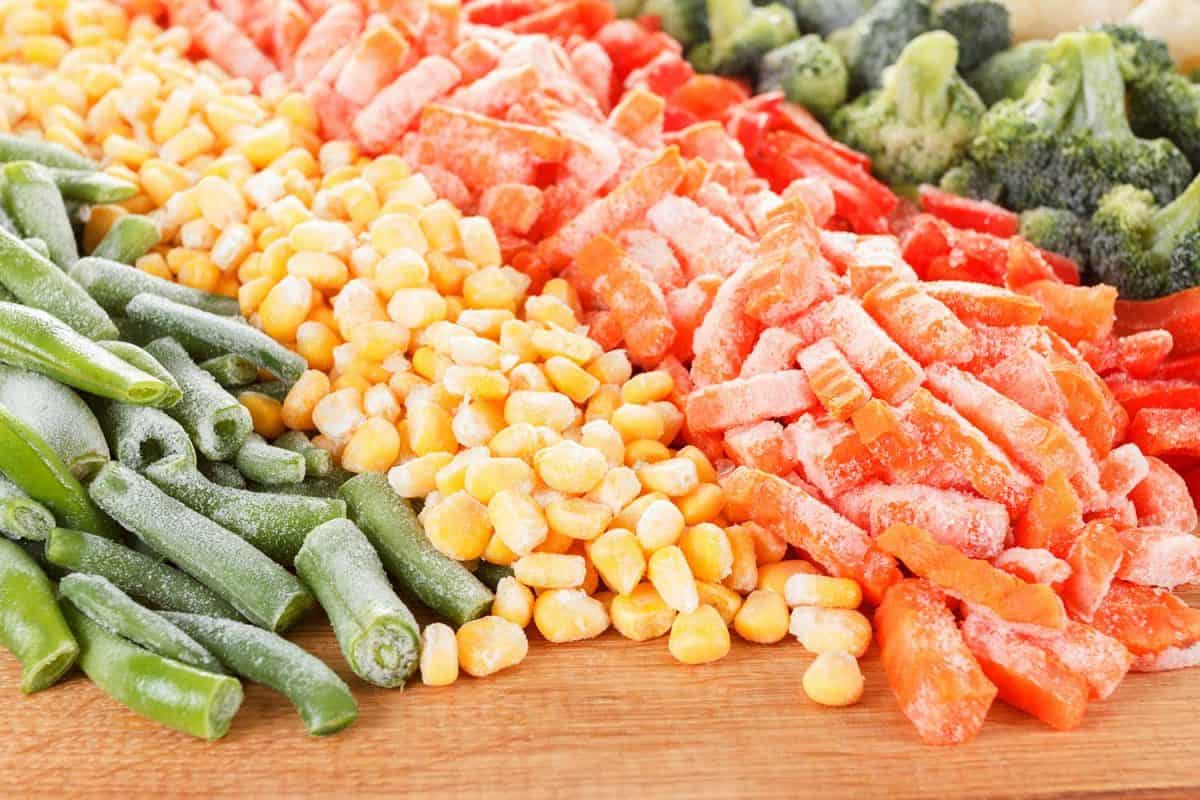
Yes, you can cut up vegetables prior to freezing but be careful to handle the cutting tool with care. Larger vegetables like squash should be cut into small uniform sizes so that the freezing temperature is distributed evenly on all the flesh of the food.
How Do You Thaw Frozen Vegetables?
Defrosting is the most common way of thawing frozen vegetables. This process involves placing the frozen goods in a container filled with water at room temperature. Let it sit for an hour or so until the solid texture is not noticeable upon pressing the vegetable. Some vegetables require the use of a microwave in the thawing process. It involves placing the vegetable in a microwavable container with two to three tablespoons of water for a couple of minutes.
However, the best way to thaw most of the frozen vegetables is to put them directly in the cooking pan. Not only does it save you time but the flavor and texture are intact unlike if you normally defrost it first!
Final Thoughts
Freezing vegetables either with or without blanching has its own set of advantages and disadvantages in prolonging the shelf-life of the tasty vegetable. Still, if you have time to spare, it is still recommended to blanch most vegetables to surely enjoy the goodness of this food all year round!

